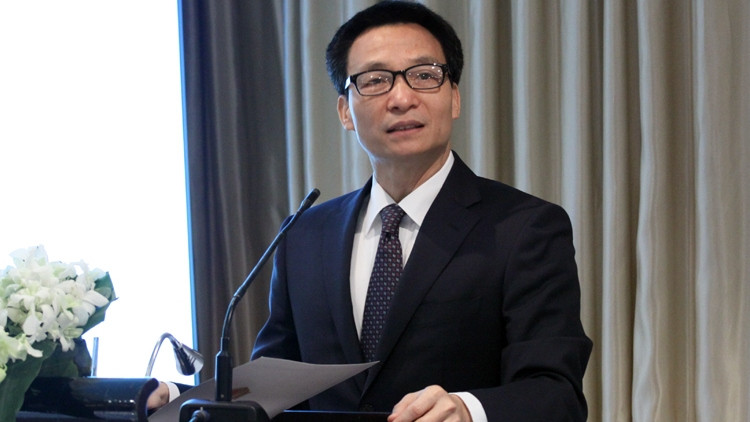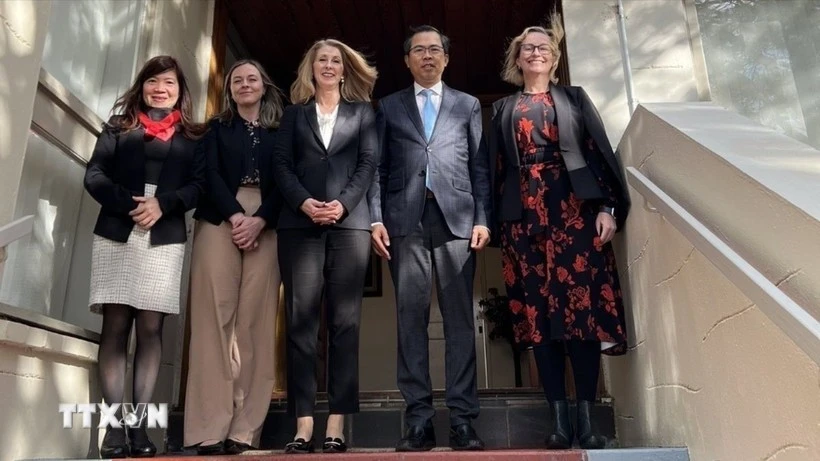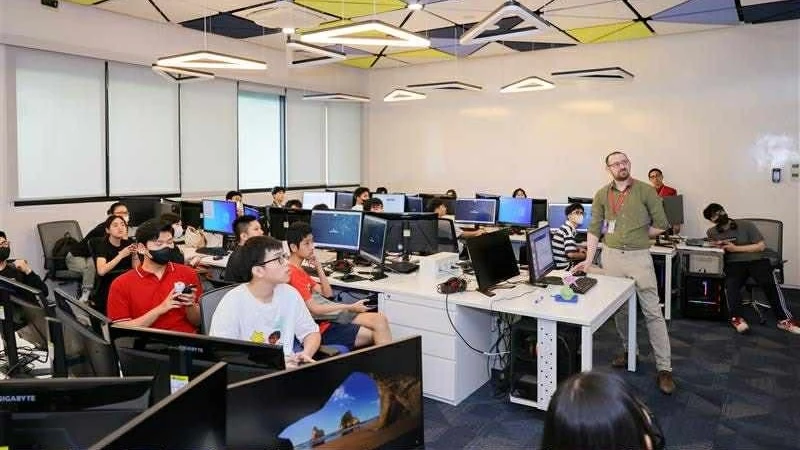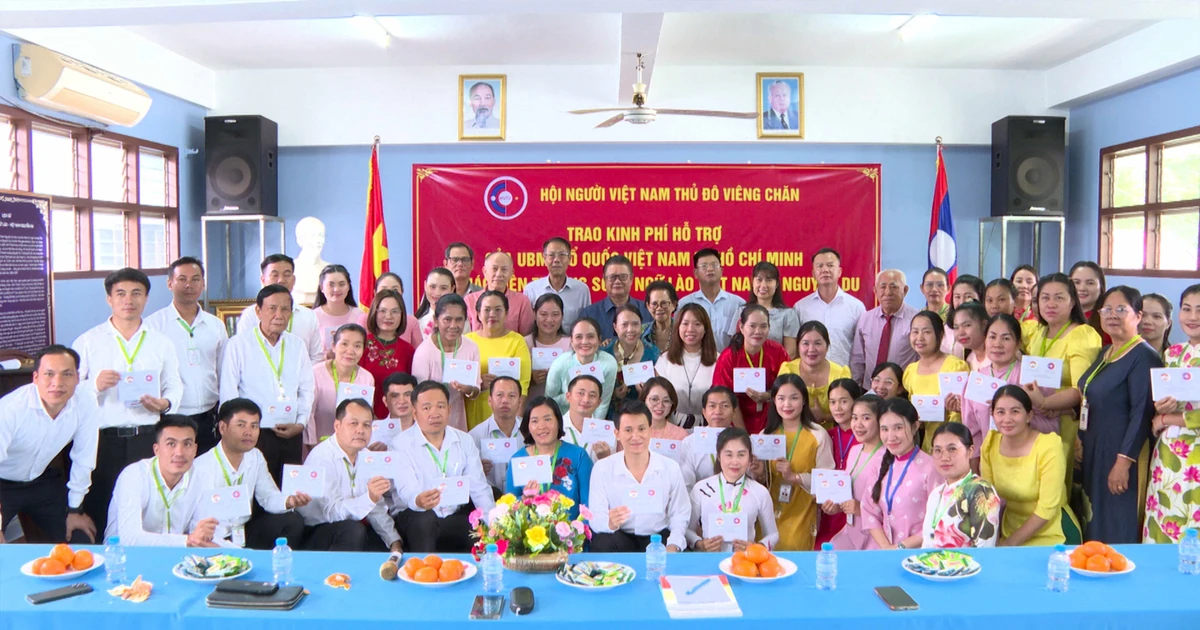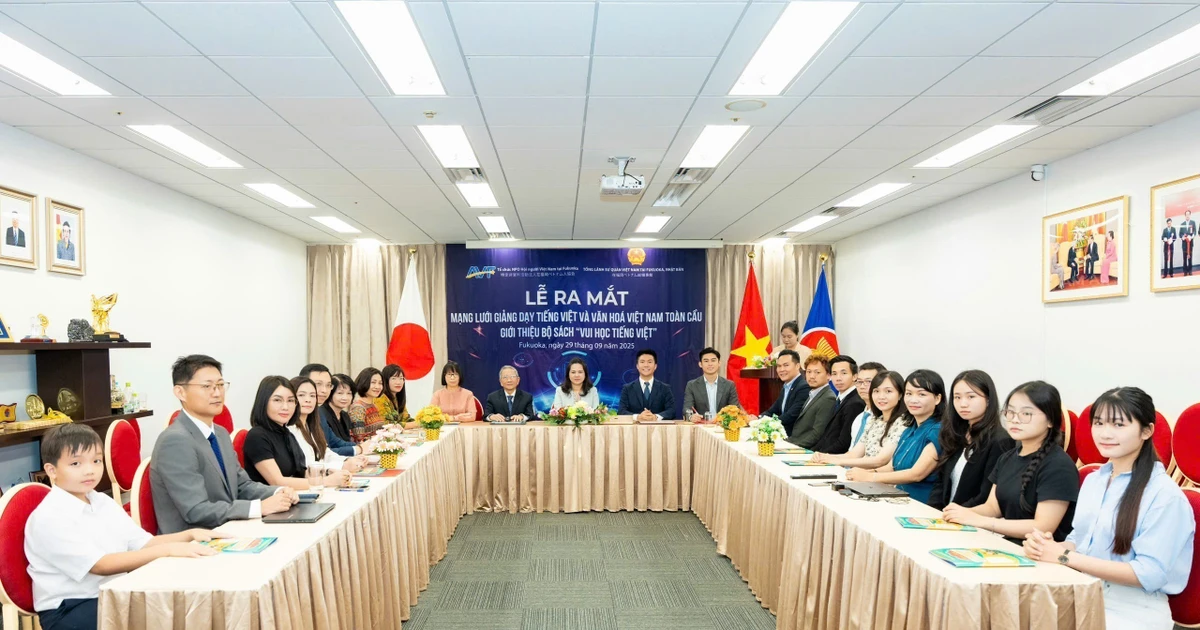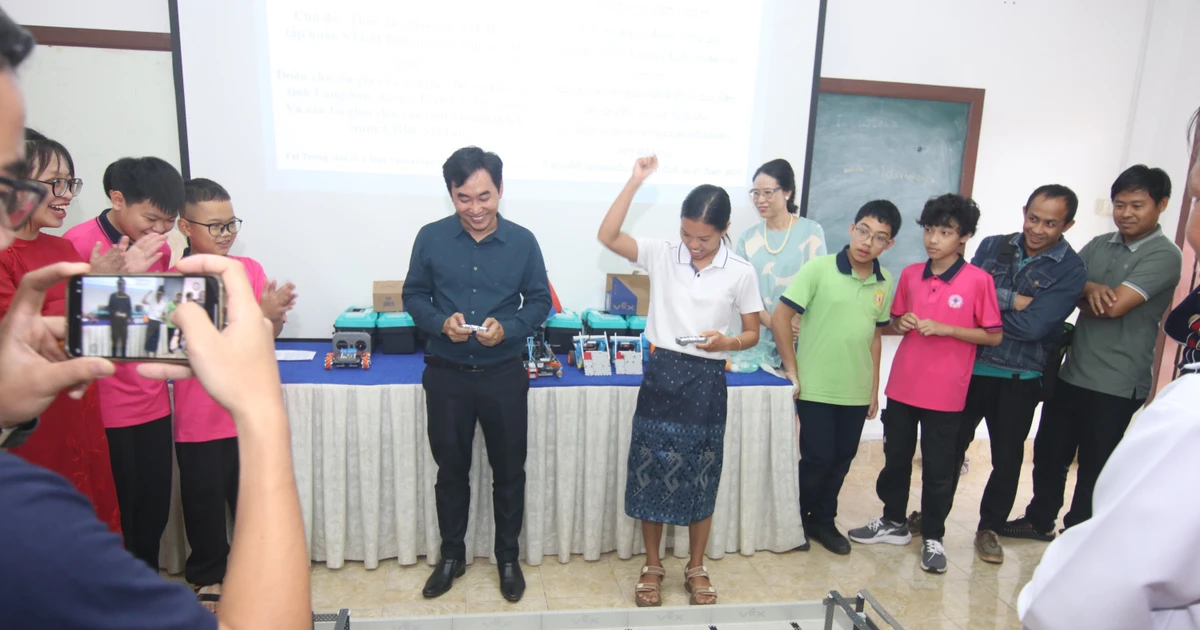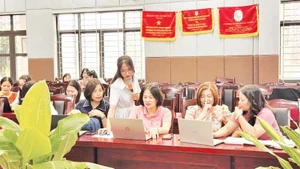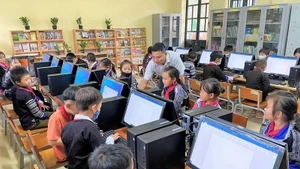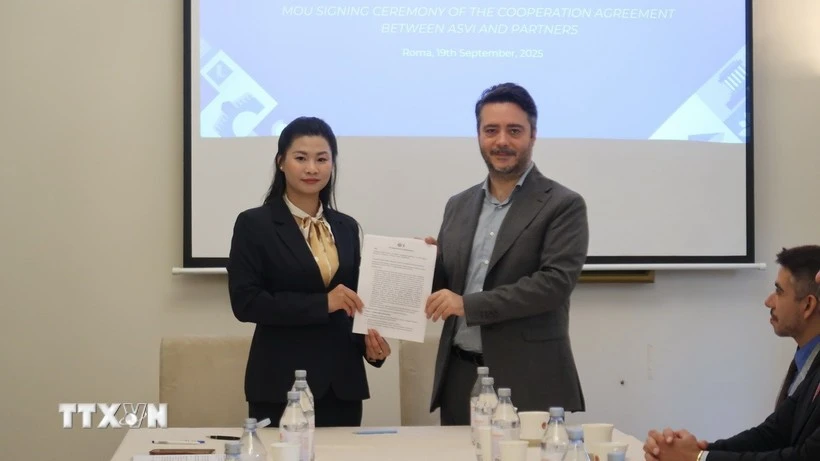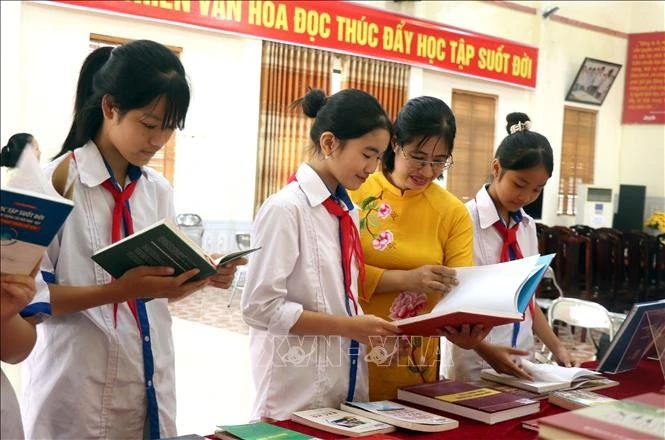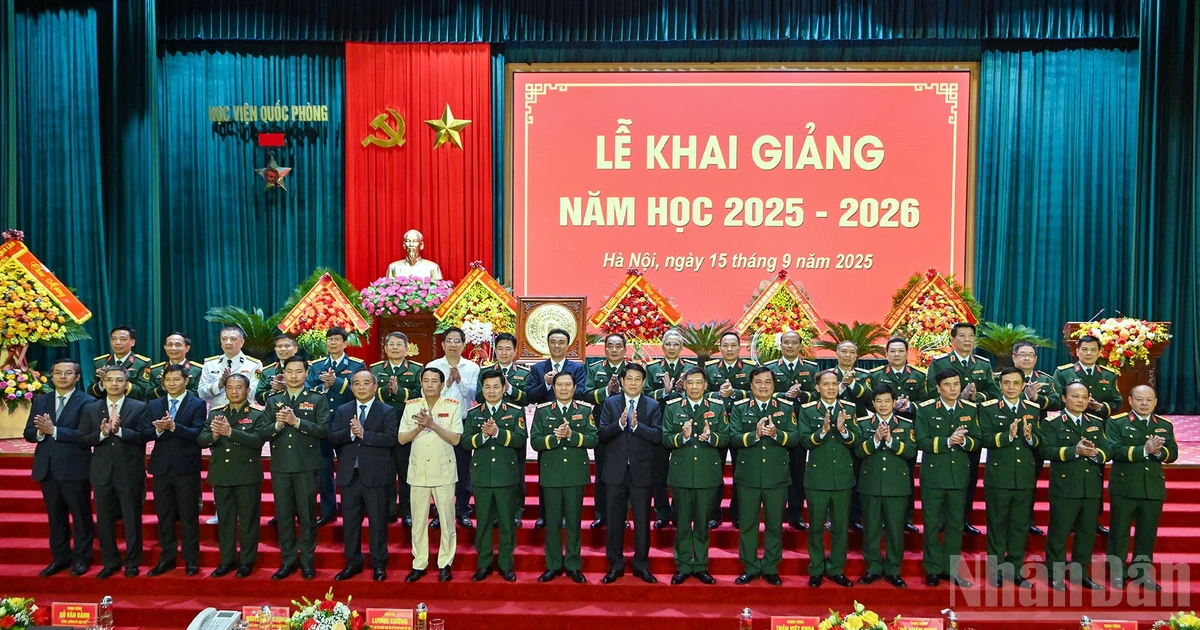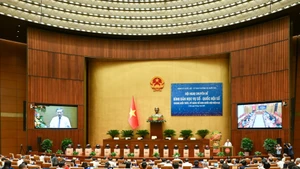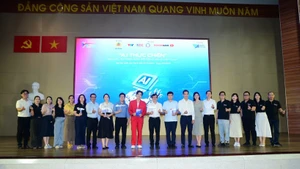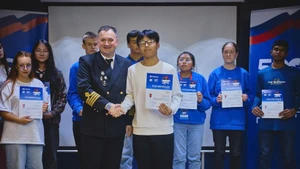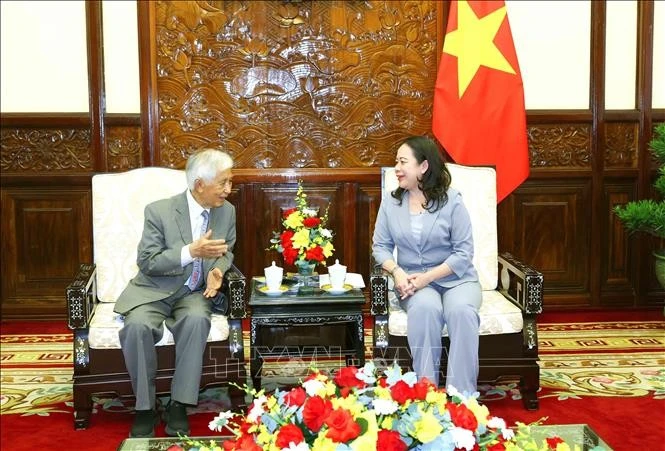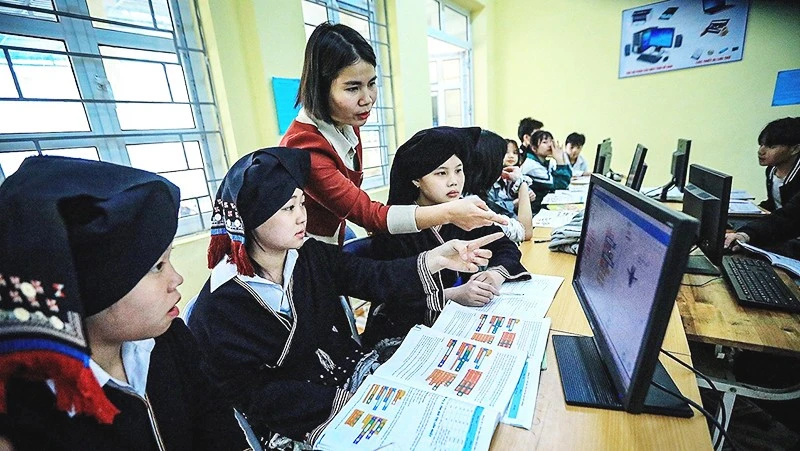Speaking at a forum on building a learning society in Vietnam held in Hanoi on December 17, Deputy PM Dam said that learning has featured in every family and in society throughout Vietnam’s history, and that education, training and other human development issues have always been top priorities of the Party, State and people.
In 2005, the Government approved the construction of a learning society during the period 2005-2010, and the recent scheme on building a learning society towards 2020 has been deployed with the clear assignment of responsibilities among related authorities.
To effectively develop and implement the projects, Deputy PM Dam suggested defining the typical characteristics of a learning society, as well as the targets and subjects of lifelong learning. In addition, he said, it is important to identify obstacles during the construction of a learning society such as resources, cognition, mechanisms and policies to assess the quality of human resources.
He noted that a learning society in Vietnam, in the context of international integration, focuses not only on promoting global citizenship for Vietnamese citizens, but also on being associated with the quintessence of humanity that bring the value of civilisation, culture, and people of Vietnam to human civilisation.
The construction of a learning society is for all, but must be consistent with each target group, with special attention paid to women, ethnic minorities and those living in areas frequently affected by natural disasters.
In addition, it is necessary to encourage innovation to unlock the human power of all Vietnamese, both at home and abroad, to contribute to developing a learning society and serving national socio-economic development, said the deputy PM.
UN Resident Co-ordinator in Vietnam Pratibha Mehta said that commitment to building a learning society in Vietnam is a fundamental step towards avoiding the so-called ‘middle income trap’ and transforming into a digital economy of highly skilled and hands-on personnel, laying the foundation for sustainable growth and integration.
Financial difficulty requires smart investments, she said, adding that investment in education is the most valuable.
Participants at the forum presented reports sharing practical experiences in building policies for lifelong learning in Japan, the Republic of Korea and Singapore. Such experiences are expected to contribute to the process of building a learning society in Vietnam during the international integration period.
